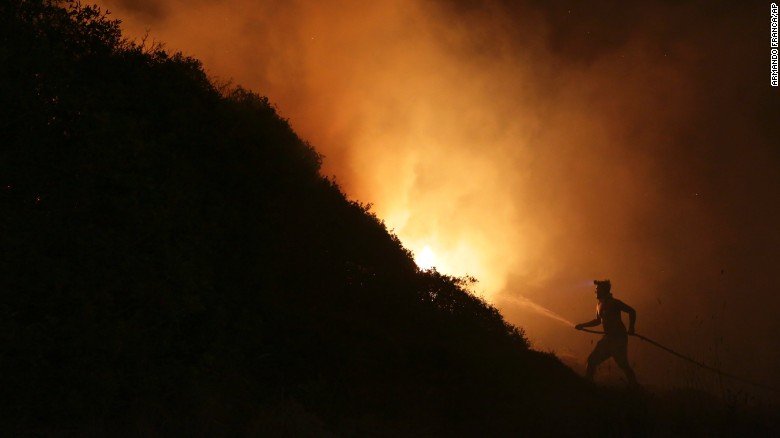US Secretary of State Marco Rubio has urged China to prevent Iran from closing the Strait of Hormuz, one of the world’s most crucial trade routes.
His comments came after Iran’s state-run Press TV claimed that parliament had authorised a proposal to close the Strait, but that the Supreme National Security Council would make the ultimate decision.
Any disruption in the supply of oil would have serious ramifications for the economy. China, in particular, is the world’s largest purchaser of Iranian oil and maintains a tight relationship with Tehran.
Following the United States’ strike on Iranian nuclear sites, oil prices soared, with the benchmark Brent crude reaching its highest level in five months.
“I encourage the Chinese government in Beijing to call them [Iran] about that, because they heavily depend on the Straits of Hormuz for their oil,” Rubio had said in an interview with Fox News on Sunday.
“If they [close the Straits]… it will be economic suicide for them. And we retain options to deal with that, but other countries should be looking at that as well. It would hurt other countries’ economies a lot worse than ours.”
About 20% of the world’s oil goes through the Strait of Hormuz, which is used by major Middle Eastern oil and gas producers to move energy from the region.
Any attempt to impede operations across the Strait might cause global oil prices to rise.
Oil prices rose briefly as trade opened on Monday, with Brent reaching $81.40 per barrel. However, it then dropped back to approximately $78, up 1.4% for the day.
“The US is now positioned with an overwhelming defence posture in the region to be prepared for any Iran counter-attacks. But the risk for oil prices is the situation could escalate severely further,” said Saul Kavonic, head of energy research at MST Financial.
The price of crude oil influences everything, from how much it costs to fill up your car to the price of groceries at the grocery.
China, in particular, buys more oil from Iran than any other country, with imports exceeding 1.8 million barrels per day last month, according to ship tracking service Vortexa.
Other major Asian economies, such as India, Japan, and South Korea, rely substantially on crude oil transported via the Strait.
Energy researcher Vandana Hari has stated that Iran has “little to gain and too much to lose” by closing the Strait.
“Iran risks turning its oil and gas-producing neighbours in the Gulf into enemies and invoking the ire of its key market, China, by disrupting traffic in the Strait,” Ms Hari told BBC News.
The United States joined the war between Iran and Israel over the weekend, with President Donald Trump claiming that Washington had “obliterated” Tehran’s critical nuclear installations.
However, it is unclear how much damage the strikes caused, with the UN’s nuclear watchdog stating that it was hard to assess the damage at the heavily defended Fordo underground nuclear facility. Iran has stated that Fordo sustained just minor damage.
Trump also warned Iran that it would face “far worse” future attacks if the country did not abandon its nuclear programme.
On Monday, Beijing claimed the US strikes had harmed Washington’s credibility and demanded an immediate ceasefire.
According to a state-run CCTV broadcast, China’s UN Ambassador Fu Cong urged all sides to avoid “the impulse of force… and adding fuel to the fire”.
In an editorial, Beijing’s state publication Global Times also stated that US intervention in Iran “had further complicated and destabilised the Middle East situation” and was bringing the conflict to an “uncontrollable state”.











